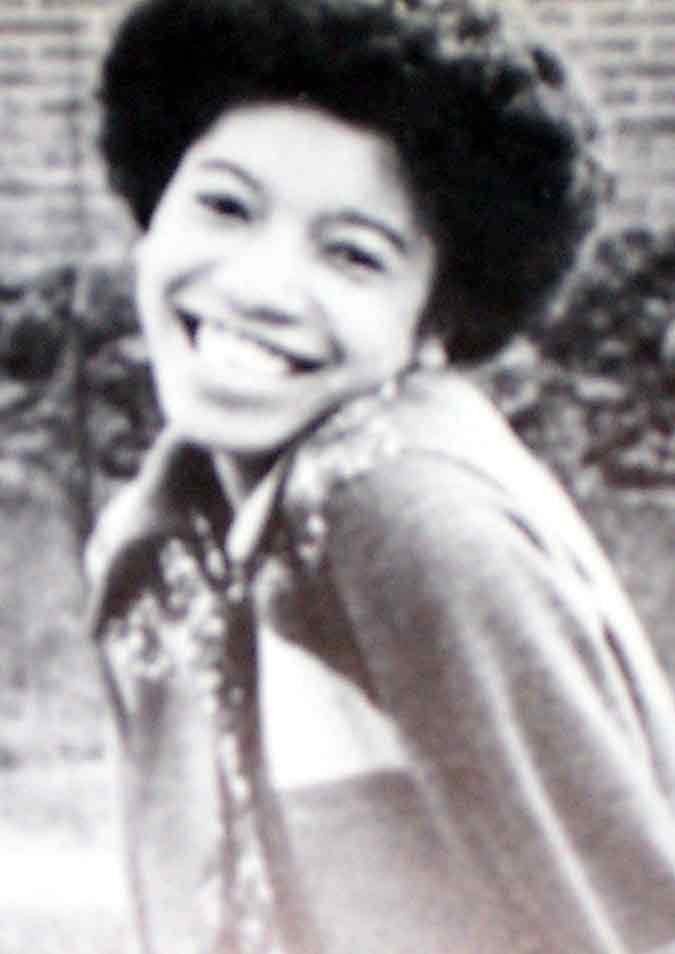 M
My children have a dog (left). I think about money and life when I walk Scruffy. Thinking deep thoughts makes me feel philosophical about picking up poop. As such, walking the dog becomes a Zen-like activity. Clearly, my children have not manipulated me into puppy patrol, but have given me the gift of meditation.
Here are some of the financial metaphors I have picked out of the grass:
The Big Barking Dog: Last Friday night, Scruffy and I were really spooked by a big barking dog behind a tall fence. We didn't see the dog, but we heard him bark and he sounded big. Terrified, we darted off the sidewalk and into the path of fast-moving street traffic, which was dangerous.
As we fled, I had a flash -- not a hot flash, (not yet, thank you) -- but a visual flash of a question: What if the mysterious dog was just a little tiny pisher? What if we had placed ourselves into danger for no reason? And even if the dog was big, could it have jumped the thick fence? I realized that we were terrified of the unknown.
And that's true about money also: How much do I really need to save for retirement? How much will it cost to put my three school-age kids through college? How much will I need for health-care expenses? How much should I budget for car repairs?
Those questions are Big Barking Dogs Behind a Fence. Those dogs bark in my sleep and even when I play hallway soccer with my 9-year-old daughter, I hear barking dogs. I'll feel safer when I identify my financial dogs and get answers to questions that nag me. Knowledge reduces fear.
Beware of Stray Cats: My dog looks tough but he's scared of stray cats and squirrels. Therefore, I've learned to scan the horizon and keep a tight grip on the leash because I know Scruffy will try to bolt if he sees a small wild animal. If I'm not alert, Scruffy tugs me away and I am pulled in odd directions as if I were a racer on a Snow Dog Race Course, but without the snow, the sled or the protective gear.
Lesson: Stay alert and keep a grip on the financial leash. Be prepared for turmoil and stray cat moments.
Street Temptations: A dog is a dog a dog. And my dog likes to run in the street. I keep him on a tight leash. I train my little puppy and I'm constantly on guard for runaway moments. With vigilance I can tame his street temptations.
Lesson: A shopper is a shopper is a shopper. And my inner diva likes to shop and spend money. I keep myself on a tight leash. I train my inner shopper to be frugal and I'm constantly on guard for runaway shopping cart moments. With vigilance, I can control my street temptations.
Live this Moment: I used to have a small quiet fit about the dog. Confession: I didn't really want him. I felt tricked and manipulated into getting the dog. What's more, I so disliked our other pets. The turtles smelled terrible and changing their water made me feel like vomiting. The fish were annoying and don't get me started about that little hamster that used to run around our house and totally terrify me.
He died and honestly, I had nothing to do with it. We spent almost $300 on cancer treatments for that hamster. Don't ask! Hint: Hamsters have a short life, that usually ends with tumors. We didn't know this and we spent about $300 trying to cure an $8 hamster. We should have gone the hospice route. We know better now. Clearly, knowledge is power.
After the hamster era, (we had three), I was very vulnerable to the pleas about The Dog. But as a write-at-home mom, I am in my apartment all day with The Dog. Yesterday, for example, I owed the Miami Herald a story by 4 pm. But The Dog had to go to the bathroom and was whining. My options: A crying dog/messy floor or an angry editor. It was easier to plead with the editor. I walked the dog, scooped the poop and filed my story late. Sorry Kathy!
So, it might seem that I am willing to put the dog up for adoption. No way!! I love Scruffy and I've made my peace with my dog-walking duties. If it were not for Scruffy, I would sit behind a computer screen for hours and hours with no exercise.
I eat extra ice cream and still fit into my clothes because I have to walk Scruffy every day.
I get extra stress-busting exercise because of my dog. My dog feeds me stories.
Lesson: Some of my largest dividends and insights have come from difficult situations. I learn about money, life and fitness from every challenge, even crappy moments in the grass.
Previous Posts:Cheap Travel Guide: Month-by-Month, City-by-City Hotel Savings RatesBe Smart about Face Time & Other Tips for Building Job SecurityOrganize the Living Room; Organize Your Life My Broken Cow Handles: Milking Cheap Ceramic for Frugal Lessons~~~~
Sharon Harvey Rosenberg is the author of The Frugal Duchess of South Beach:How to Live Well and Save Money... Anywhere! , which will be published in the Spring of 2008 by DPL Press.
______________

















